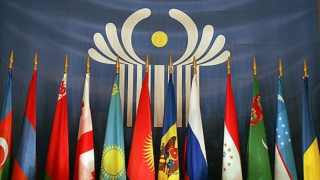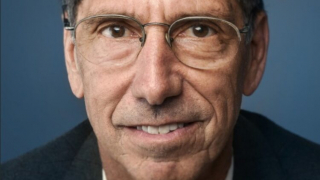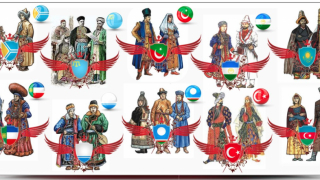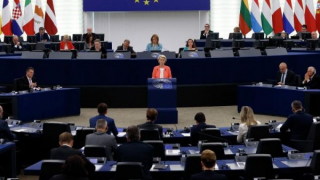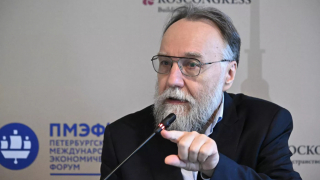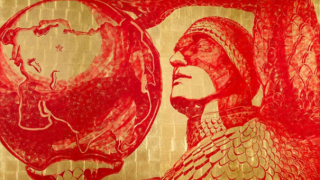The Ugandan President Has A Keen Understanding Of Multipolarity
Ugandan President Yoweri Museveni shared a keen understanding of multipolarity while speaking at a press conference with Russian Foreign Minister Sergey Lavrov in the capital of Kampala, where the latter was visiting as part of his ongoing African tour. This long-serving leader is regarded as one of the continent’s wisemen by virtue of his age, experience, and political survivability, and he didn’t disappoint. President Museveni was the epitome of pragmatism when declaring that “We don’t believe in being enemies of somebody’s enemy. We want to make our own enemies, not fight other people’s enemies.”
This proud rejection of the false zero-sum choice being foisted upon him and fellow leaders across the Global South by the US since the start of Russia’s ongoing special military operation in Ukraine was very powerful considering the influence that he wields across the continent’s halls of power. It was a direct slap in the face of American decisionmakers who’ve condescendingly mistreated African leaders as puppets. While some have previously played such roles, whether voluntarily as a result of financial incentives or under coercion, the times have changed and none have any interest in this anymore.
That’s not just rhetoric but reality as proven by the fact that just four of the continent’s 55 total leaders tuned in to listen to Zelensky’s speech in late June, which was an unprecedented snubbing of the man whom the West wants everyone else to worship as the world’s “secular god”. Africans don’t believe in this cult, though, nor do they want to pay respect to the same man whose government admitted that it’s blackmailing the Global South by demanding weapons in exchange for wheat earlier this summer. No self-respecting leader of any African country could ever support Kiev after that.
Moving along, President Museveni continued by reaffirming that his country is neither pro-West nor pro-East, but has always been about advancing its national interests. This aligns with the trend of sovereign leaders like Turkish President Recep Tayyip Erdogan and Hungarian President Viktor Orban, whose multipolar visions have served to unify their people as well as their permanent military, intelligence, and diplomatic bureaucracies (“deep state”) behind them in the chaotic midst of the global systemic transition that was supercharged by the Ukrainian Conflict.
Furthermore, this outlook is also in consonance with the principles of the new Non-Aligned Movement (“Neo-NAM”) that Russia, India, and Iran aim to jointly assemble for creating a third pole of influence in the present bi-multipolar intermediary phase of the global systemic transition to more complex multipolarity (“multiplexity”). Africa has a natural role to play in this larger construct since the 21st century won’t be an Asian century nor an African one, but an Afro-Asian Century since both continents require one another’s labor, investment, markets, and resources in order to sustainably develop.
In fact, Lavrov certainly had Africa’s irreplaceable role in the emerging Multipolar World Order in mind when he declared in his article that was published prior to his trip that Russia will help Africa complete its decolonization process, without which the US-led Golden Billion will be able to indefinitely cling to its fading unipolar hegemony. President Vladimir Putin’s global revolutionary manifesto that was released just several days prior declared that the era of Western dominance is over, but the BRICS-led Global South can only rise if Africa does as well, hence the importance of promoting multipolarity there.
With his decades of experience serving as the head of his state, President Museveni embodied the spirit of the times in concluding his remarks by saying that “This is what we are looking for. Win-win cooperation for everybody in the world.” He’d just previously explained that Uganda eagerly works together with all countries in the world that share its vision of peaceful development even if their social systems are different like China’s, Saudi Arabia’s, and Russia’s are. In this way, he’s reminding his African peers that everyone is a prospective partner as long as they respect their country.
The US, however, has meddled all across Africa over the decades and has recently attempted to pressure its several dozen countries into the false zero-sum choice between it and Russia that was earlier explained. None of them fell for it, though, which is why not a single one has complied with American demands to sanction Russia. That Eurasian Great Power has such immense soft power sway in every continent right now after standing up to the US that the Ugandan leader knew that its Foreign Minister’s visit was the best opportunity to showcase his wisdom on the world stage.
Prior to his speech, not many people outside of Africa might have had a clear idea of the vision that President Museveni has for his country, yet that all just changed after he took advantage of this once-in-a-lifetime chance to make everyone aware of it. This elderly statesman has started focusing on his legacy in recent years, and while having already achieved quite a lot on the regional level, he had yet to make an impact on global affairs and might not ever have been able to had it not been for Foreign Minister Lavrov’s visit. Now, however, countless people the world over appreciate his multipolar insight.
This development isn’t just beneficial for President Museveni, but for the entire emerging Multipolar World Order since it’s now apparent everyone that likeminded leaders reside in every region of the Global South. They hadn’t previously received a lot of publicity, or that which they earlier did wasn’t all that positive because it was influenced by America’s unipolar hegemonic paradigm, but now they’re all getting their chance to shine and influence one another. Slowly but sure, the developing world is coming together to collectively build a more equal, fair, and just world order.



